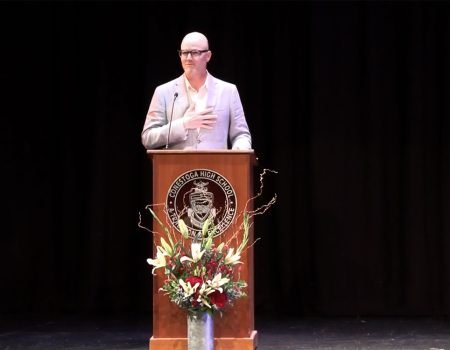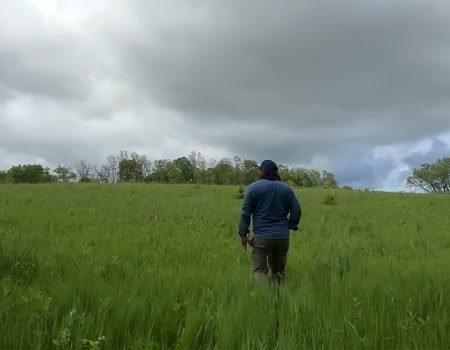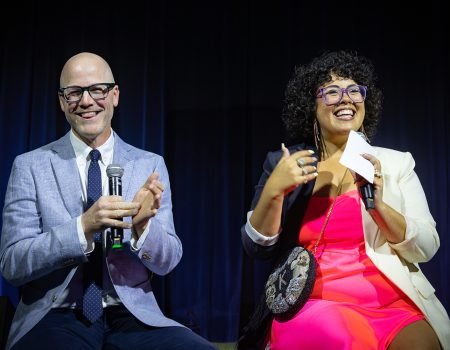Guilty As Charged
Judging by the weight of my heart, one would think I’d been found guilty.
The charge was felony possession of marijuana. The Defendant was a Haitian man, about 40-years-old. He wore a short Afro, tattered khaki sport coat, matching alligator shoes, and a wedding band.
There were six witnesses: three cops, two lab chemists, and a witness found a few feet from the door with 7.78 ounces of marijuana tucked into his waistband. The twelve jurors were varied: three African-Americans, three Latinos, and six Caucasians of both genders.
The case unfolded slowly over the course of the week. The cops testified on Tuesday, the lab chemists testified on Wednesday morning, and then the star witness: The Buyer.
The Buyer was a non-practicing attorney and self-described marijuana connoisseur. “I call it wisdom,” he said. He was the turncoat. While he didn’t finger The Defendant directly, what he did say said it all. “Listen, all I know is that one minute there was no pot, then The Defendant showed up and there was pot.”
The sad, sordid affair unwound in slow motion; every detail carefully laid out, contested, sustained or overturned. In short, The Buyer called his hookup, a.k.a. The Dread, to purchase some “high grade.” The Dread was fresh out. The Dread called The Defendant. The Defendant showed up, and disappeared into the bedroom with the Dread. Moments later, three pounds of marijuana (decidedly not high grade) was on the table. The Buyer peeled of six bills, placed them on the table, and walked. As he stepped through the door, three of New York City’s Finest — who just happened to be on vertical patrol in the building — stepped through the door. The Dread, who was standing, and The Defendant, who was seated before the pile of weed, were ordered to the floor at gunpoint. The Buyer joined them on the floor a few seconds later.
Defense attempted a number of slight of hand tricks. Could the cops really see the evidence through the door? Was The Buyer a credible witness? How much money did the cops recover? Who’s apartment was it anyway? Was The Defendant in control of the pile of weed? Or was The Dread?
In the end, all that mattered was New York State’s legal definition of possession. In short, possession is defined as on one’s person, or in one’s control or “dominion.”
While it was absolutely clear to me that The Dread called The Defendant and they collectively sold to The Buyer, the case was slightly stickier. The drugs were on neither man’s person. Nor was the recovered money. Still, with a huge pile of weed in front of him, and a trail of scattered buds between himself and The Dread’s scale, the case was clear. To me.
Upon deliberation of what I expected to be an open and shut case, I was flabbergasted to find that some of my fellow jurors were unsure of The Defendant’s guilt. The defense attorney had successfully distracted them with his slight of hand. They didn’t understand the law. Their heads were a flurry with detail, and they couldn’t see the forest for the trees.
An hour later, having reviewed the letter of the law, we took a second vote. Eleven of us said, “guilty.” The woman to my left, Juror Number 4, was bothered by the first policemen’s credibility (which, given the avalanche of photographic and corroborating evidence, was superfluous).
“Guilty… I guess,” she said quietly.
“You can’t guess,” I replied. “We won’t rush this. What are you uncertain about?”
We reviewed the concept of possession, and it was done.
We returned to the courtroom and the foreman read the verdict. Then each of us was called on to confirm our verdict individually. At the start of the trial, the defense attorney had asked us, “Will you be able to look my client in the eye and say, ‘Guilty?'” So when the clerk called on me, I looked The Defendant in the eyes, and said just that.
I was not fueled by vengeance, or anger, or any sense of retribution. I felt sad, worn down, and exhausted. It was a thankless task, and a sad end to a very sad story.
Trial by peers, it seems to me, is a pretty great system. It is completely transparent. Rights are vigorously defended. It is just. Sure, it’s tedious, and it took up my valuable time. Some jurors complained. But I kept quiet, thinking to myself, ‘I hope I’m treated as fairly if I’m ever in his shoes.'”
I hope I’m never in his shoes.



